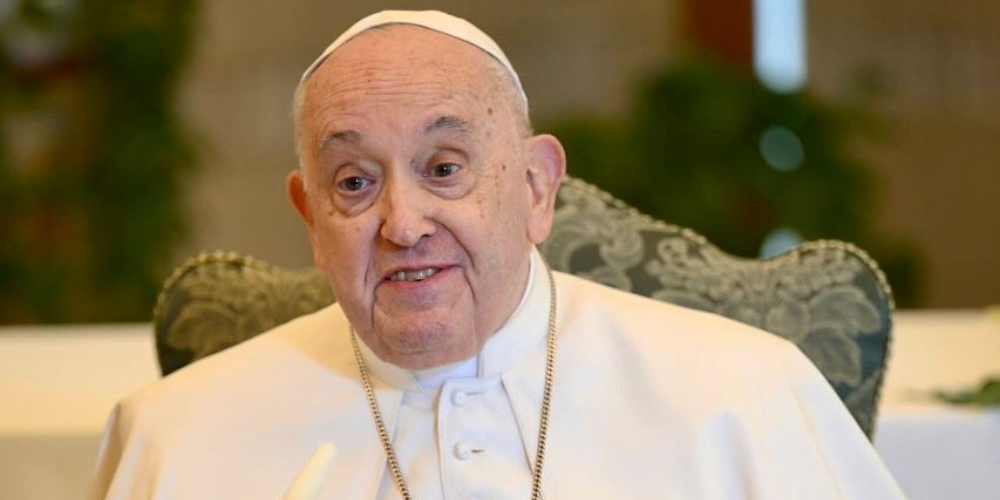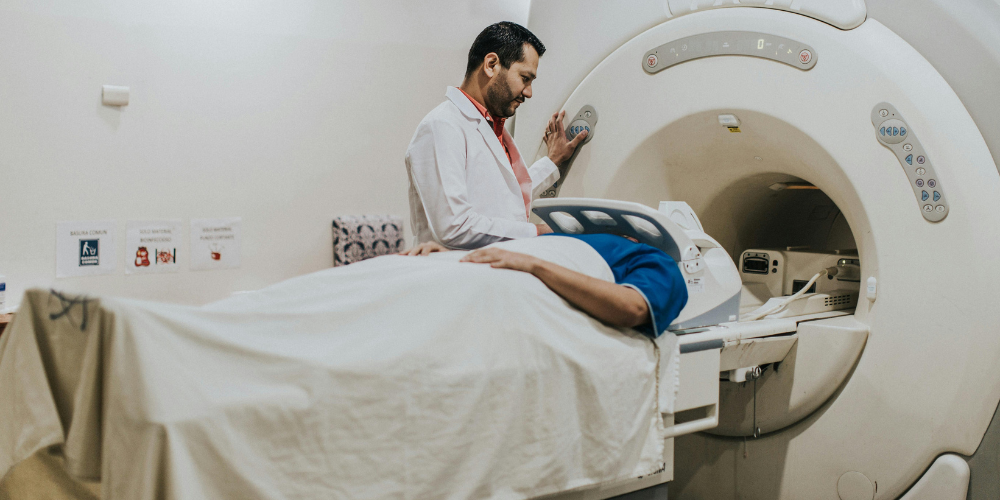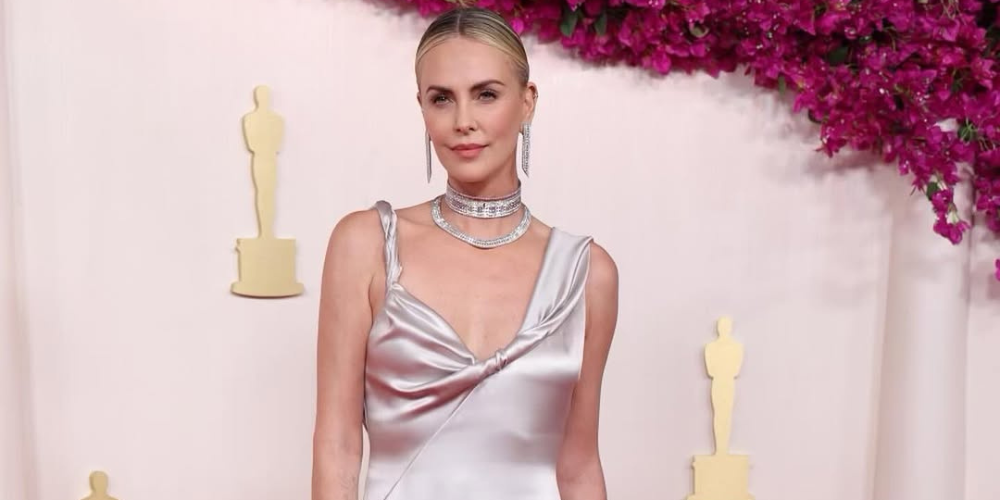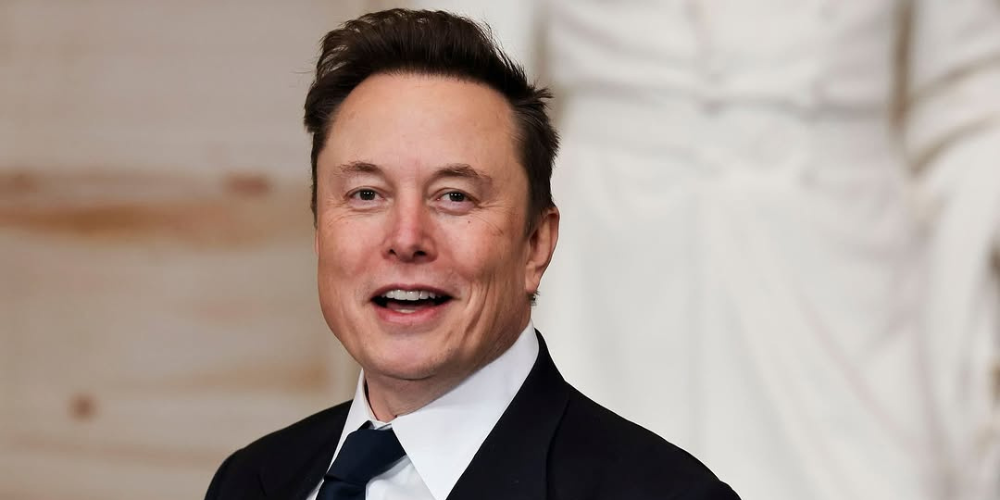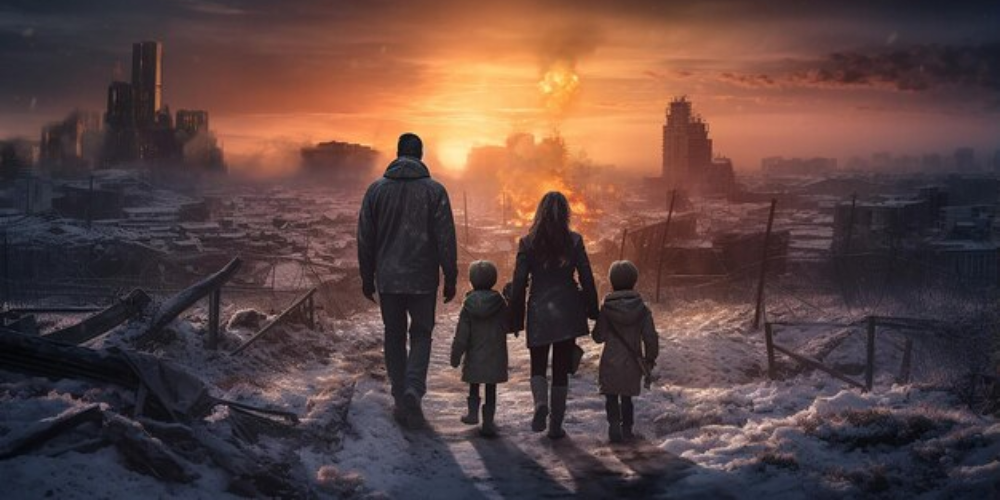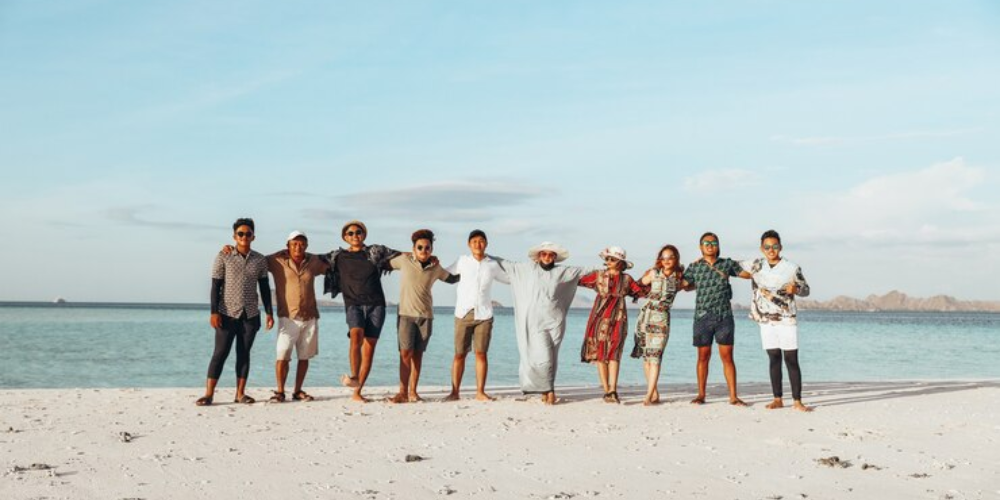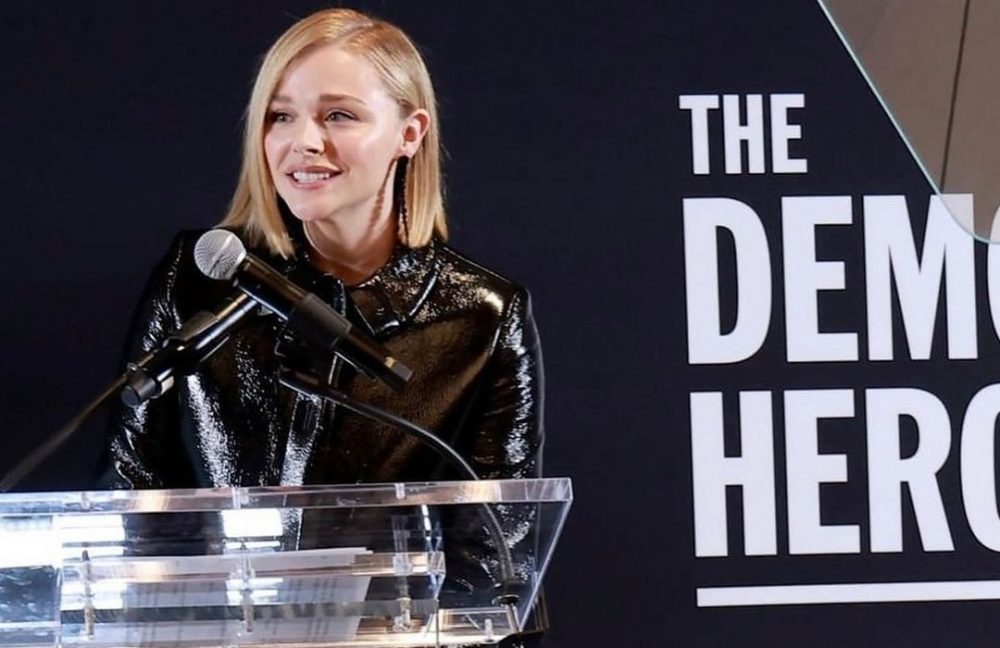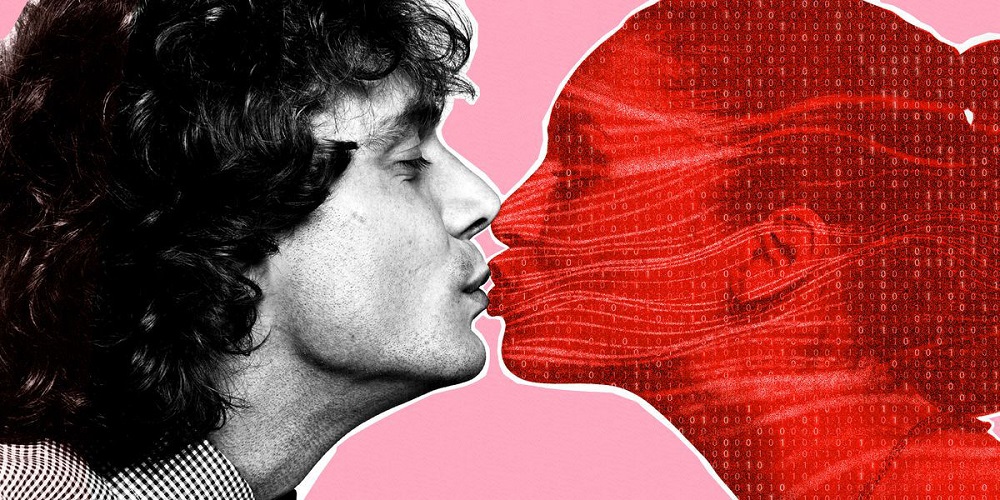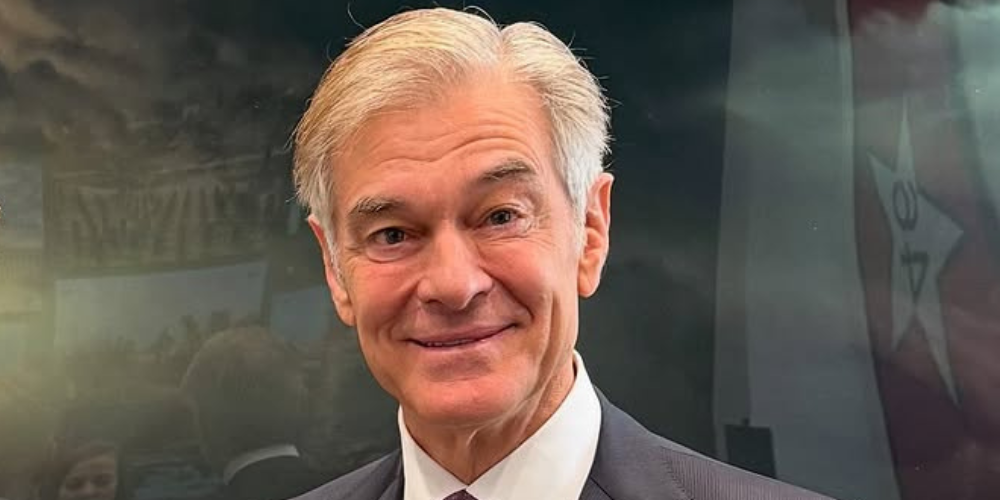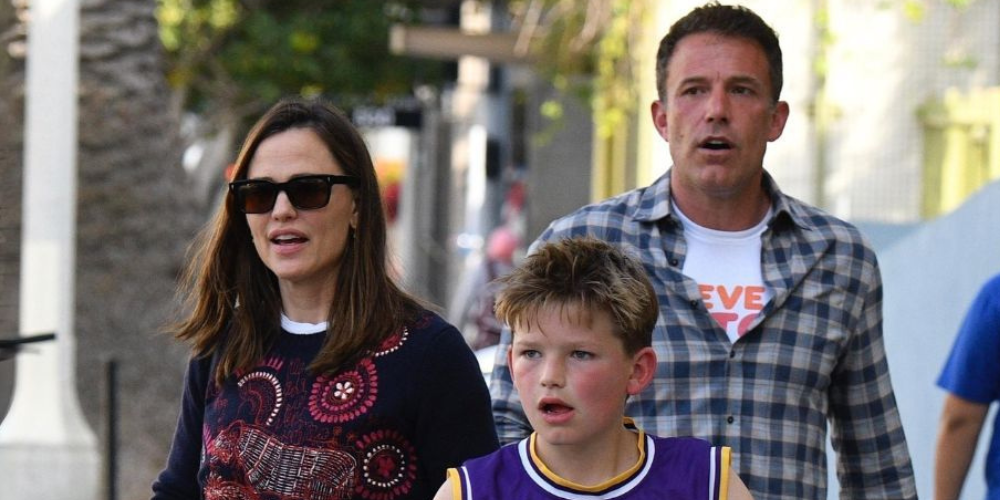On April 21, 2025, Pope Francis died at the age of 88, leaving the Catholic Church and much of the world with a quiet sense of spiritual disorientation. This wasn’t just the passing of a pope; it was the closing chapter of a man who, for more than a decade, disrupted expectations and bent the institution toward something more recognizably human. Not softer—more honest. His death followed a stroke compounded by heart failure, a subdued medical end to a pontificate defined by bold moral clarity.
The crowds that began gathering in St. Peter’s Square weren’t merely mourning—they were remembering. Remembering a man who chose simplicity over splendor, who would rather sit down with refugees than dine with diplomats, who once scolded bishops for acting more like bureaucrats than shepherds.
The Name That Set the Tone
There’s a quiet drama to papal names, and when Jorge Mario Bergoglio chose “Francis” in 2013, it wasn’t for flair. It was an unprompted, instinctive decision within seconds of his election. St. Francis of Assisi wasn’t just a gentle animal lover; he was a radical who stripped himself of wealth and rank to live in solidarity with the poor. That’s the lineage Francis tapped into: not the tranquil garden saint, but the one who stood barefoot in the mud calling the Church to account.
That choice came with weight. He embraced it. It informed everything from his disdain for clericalism to his refusal to live in the apostolic palace. Even his footwear—black orthopedic shoes instead of the traditional red slippers—reflected the aesthetic of a man uninterested in Vatican pageantry.

Instagram | @cathapostlectr | Pope Francis chose his name in 2013 to honour St Francis and serve the poor with love.
A Family Blueprint for the Pope
Before the regalia and the white cassock, there was Buenos Aires—1936—and a modest, working-class apartment in the Flores neighborhood. Francis, the eldest of five, grew up among the smells of homemade gnocchi and the sound of his father’s scratchy Italian radio broadcasts. His parents, Mario and Regina, weren’t theologians or scholars. Mario worked in accounting for the railways, and Regina stayed home, navigating faith and frugality with equal discipline.
Those early years weren’t just formative—they were foundational. Maria Elena, his youngest sister and only surviving sibling, has described him as “stubborn in all the right ways.” Even after decades apart, she never called him “Your Holiness”—just Jorge. When he called after becoming pope, his message to the extended family wasn’t ceremonial: “Tell them I love them. I can’t call everyone—we’d bankrupt the Vatican.” It was the kind of comment that says everything about how he viewed hierarchy.
Children Were His Compass, Even Without Having His Own
Francis never married, of course, and never had children. But few public figures have spoken to children with as much clarity—and no condescension. In his 2016 book "Dear Pope Francis," he answered real questions from real kids: “Does God love everyone equally?” “Why do some parents fight?” “Was Jesus really able to walk on water?” His answers never ducked the hard parts. He didn’t tidy up grief or gloss over fear.
The book wasn’t just a pastoral gimmick; it was a glimpse into how seriously he took the spiritual interior of children. He once told a group of young people, “Never be afraid to cry.” Not a platitude—a philosophy. For him, vulnerability was a strength, and childhood was sacred not because it was cute, but because it was honest.

Instagram | @lemuriabooks | Pope Francis shares love with children through honest answers in his book.
He Made the Papacy Relatable
There were no grand rebrandings, no shiny Vatican campaigns. What made Francis different was that he refused to posture. He rejected the papal limousine. He washed the feet of prisoners—including women and Muslims—during Holy Week. He told priests to be “shepherds with the smell of the sheep.”
That wasn’t a slogan; it was a jab at clerical aloofness, and it hit home. His work on climate change (Laudato si’), economic justice, and refugee rights rattled traditionalists. Good. He believed faith should move, stretch, irritate, and ultimately transform.
His funeral will follow custom, but his legacy does not. He requested a plain tomb, no Latin inscriptions, just “Franciscus.” Even in death, he wanted to keep the focus where he always tried to place it—not on himself, but on the work still unfinished.
A Story That Stays Personal, Even at the Top
Pope Francis’s life is often cast as improbable: the son of immigrants rises to lead 1.4 billion Catholics. But that arc isn’t what defines him. It’s how he carried the weight of power without surrendering his moral compass to it. He didn’t play to the cameras or court ideological camps. He just kept showing up—humble, stubborn, deeply human.
If there's a legacy to carve out, it’s this: He refused to let the Church forget the people it was supposed to serve.


